Tears and Joy at JKIA as Kenyan Man Returns Home After 14 Years on Saudi Death Row
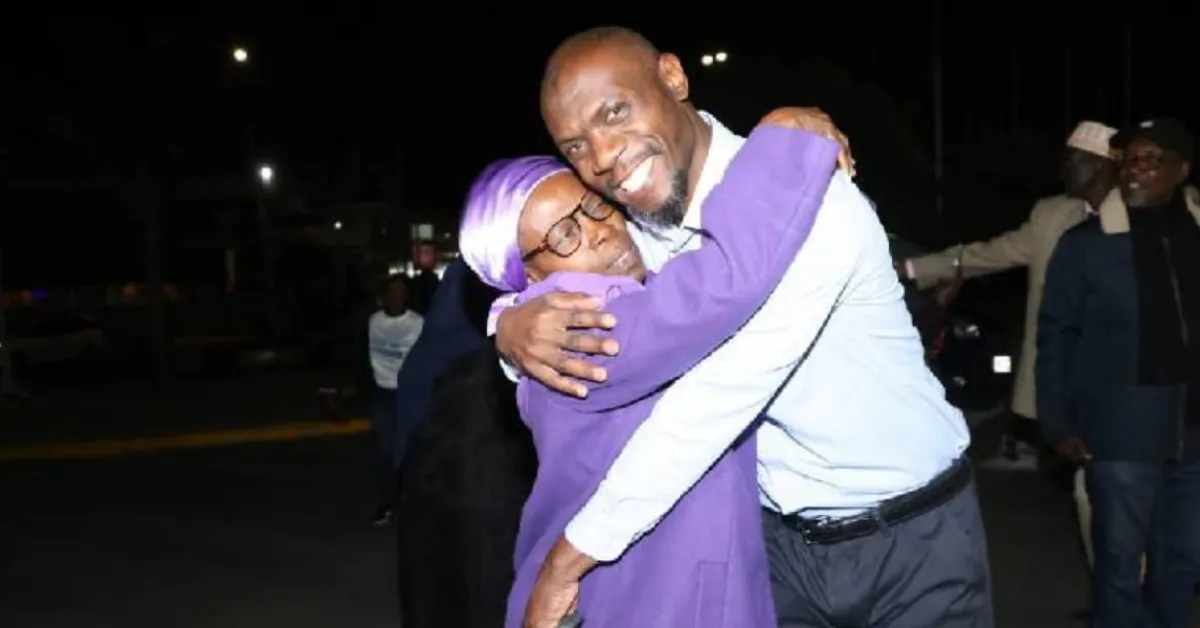
Stephen Munyakho, a Kenyan national, returned to his homeland early Tuesday morning after spending 14 years in a Saudi Arabian prison under a death sentence for manslaughter.
The homecoming at Jomo Kenyatta International Airport (JKIA) marked the culmination of extensive diplomatic efforts and a tireless campaign by his family.
Munyakho, 51, was greeted by jubilant relatives, government officials, religious leaders, and supporters shortly after 1am. The most poignant moment occurred when he embraced his mother, Dorothy Kweyu, whose unwavering advocacy became the driving force behind securing his release.
The case originated in 2011 when Munyakho, then in his early twenties, was working in Saudi Arabia. Following a workplace altercation that resulted in the death of a Yemeni colleague, he was convicted of manslaughter. Initially sentenced to five years, the penalty was escalated to capital punishment in 2014 after an appeal, exhausting all available legal options and placing him on death row.
The turning point in the case occurred in May 2024, when Kweyu, accompanied by human rights advocate Henry Maina, appealed to Dr Korir Sing’oei, the Principal Secretary for Foreign Affairs, for government intervention. Sing’oei acknowledged the complexity of the situation during a press briefing at JKIA, saying, "Honestly, I wasn’t sure how we would do it. The conditions for his release were pretty onerous."
A key condition for Munyakho's release involved the payment of USD 1 million (approximately KSh129 million) in diyya, or ‘blood money’, to the victim’s family, a legally permissible practice under Saudi law. Securing this sum, and obtaining the victim's family’s consent, presented a significant challenge. The Kenyan government, under President William Ruto, initiated a sustained diplomatic campaign.
President Ruto personally appealed to the Crown Prince of Saudi Arabia, while Kenya’s ambassador to Riyadh, Mohamed Ruwange, engaged in ongoing discussions with Saudi authorities. A breakthrough was achieved when the Muslim World League agreed to cover the entire diyya amount, effectively paving the way for Munyakho’s release. Sing’oei publicly recognised the League’s critical role, saying, “I want to pay special tribute to them for honouring that demand.”
In the days leading up to his release, Munyakho was granted permission to perform Umrah, the lesser pilgrimage to Mecca. While imprisoned, he embraced Islam and adopted the name Abdulkareem. Upon arrival in Nairobi, Munyakho expressed profound gratitude for the collective efforts that secured his freedom.
“My presence here today is nothing short of a miracle,” he said. “I want to begin by thanking Allah for the gift of life. I also want to thank everyone who prayed for me, encouraged me, and contributed towards my freedom and return home.”
Dorothy Kweyu has praised the Foreign Affairs ministry for its dedication, saying, “I still remember that morning we went to the office of the principal secretary. He never disappoints.”

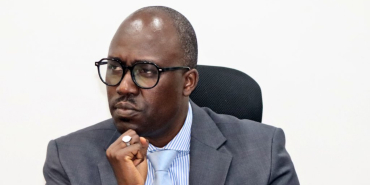
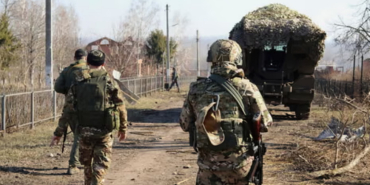
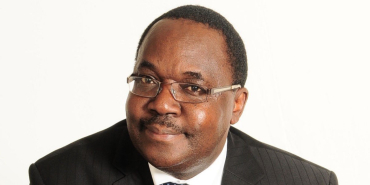
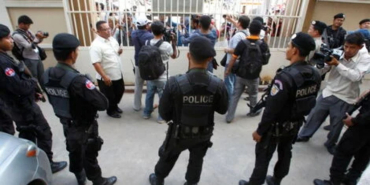

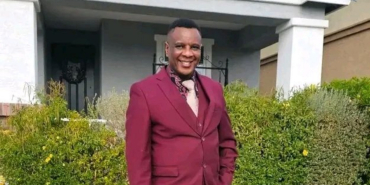
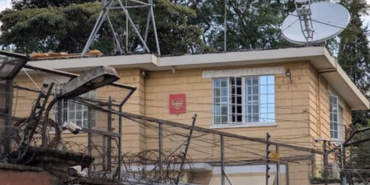
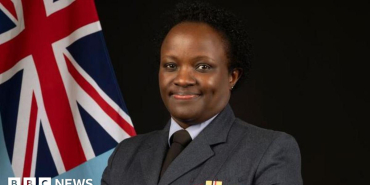
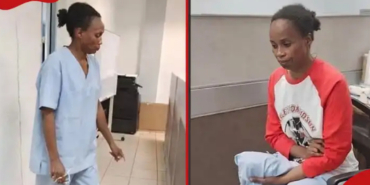

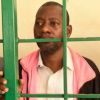

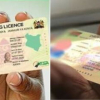
Comments
the math is not adding…
Permalink
the math is not adding... 2011 he was in his early 20's and he is now 51
Add new comment